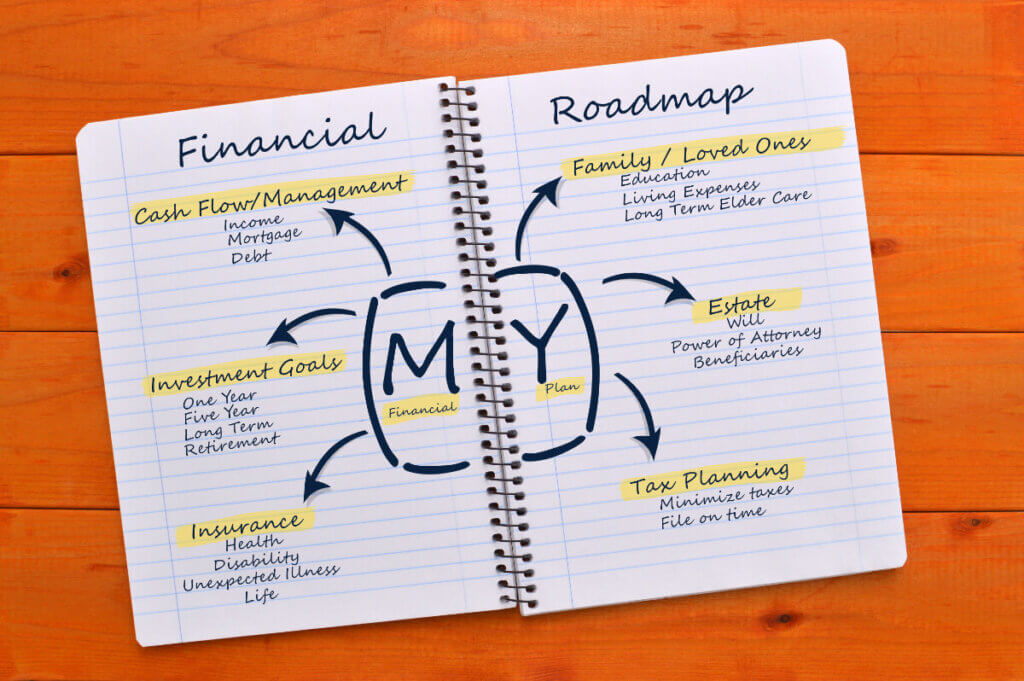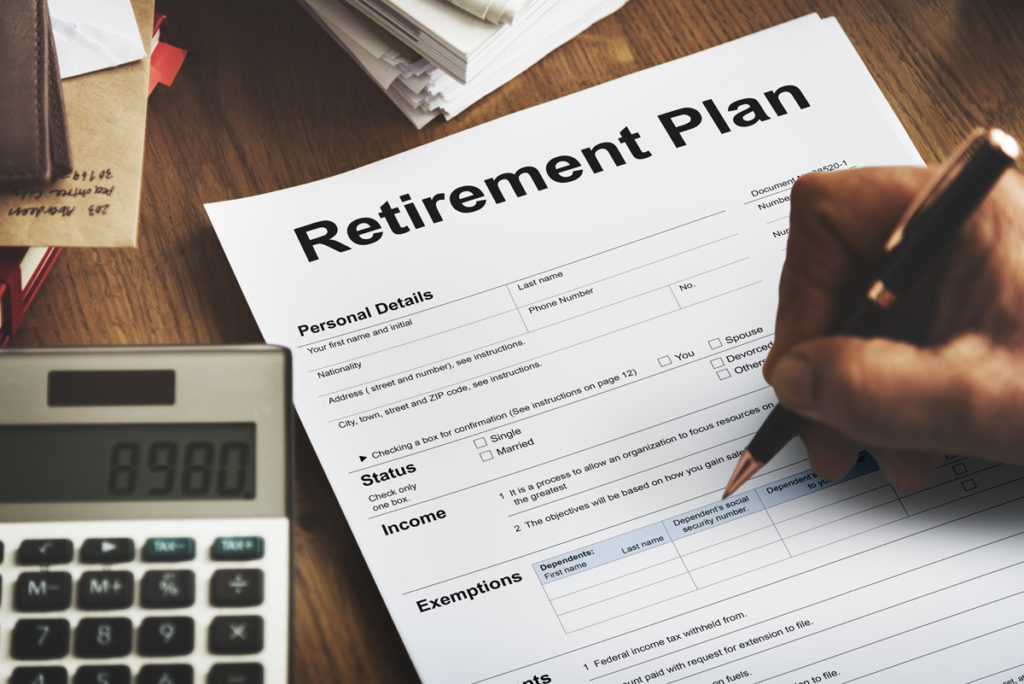Americans are passionate about taxes. In recent years, Americans have spent more on taxes than on food, clothing, and housing combined.1 The Tax Foundation estimates Americans will pay $3.4 trillion to the federal government and $1.8 trillion to state and local governments in 2019.2
Selecting investment vehicles that emphasize tax-advantaged opportunities could help reduce the amount of taxes you owe. There are tax-free and tax-advantaged options available. Here are a few to consider:
Municipal bonds, also known as munis, help provide funding for schools, hospitals, utilities, and other projects. The interest is free of federal income tax. Some bonds may pay interest that also is exempt from state income tax. Generally, this is true if you reside in the state issuing the bond.3
At first glance, munis may seem less attractive than corporate bonds or Treasuries because municipal bonds generally offer lower yields than taxable bonds of similar maturity and quality. For instance, a muni yielding 3.3 percent may not be as enticing as a taxable bond yielding 4.8 percent, until you take taxes into account.4
Imagine: an investor in the 35 percent tax bracket has a choice between investing in a federally tax-free municipal bond yielding 3.3 percent or a taxable bond yielding 4.8 percent. Which will provide more income after taxes?4
In this example, the tax-free bond provides more income. Because the investor is in a higher tax bracket, he is able to benefit from owing no federal taxes on the muni bond. As a result, the lower yielding bond delivers more income to the investor than the taxable bond.5
In this case, the investor would need to find a taxable bond of the same maturity and quality yielding 5.08 percent to earn as much income as a muni bond would deliver.*5
Roth Individual Retirement Accounts (IRAs) are tax-advantaged accounts. Owners pay taxes on contributions made to Roth IRAs but the account earnings grow tax-free, and every penny earned can be withdrawn tax-free, as long as certain conditions are met.**6
When investors start saving early, Roth IRAs have the potential to offer substantial tax-free income later in life. If a 27-year-old saved $100 a month until full retirement age (67), and earned 6 percent a year on average, the account would be worth more than $198,000 ($48,000 saved and $150,000 in earnings). All of it could be withdrawn tax-free.6
Another Roth IRA advantage is investors don’t have to take required minimum distributions (RMDs) from a Roth IRA at age 70½. As long as an owner has held an account for five or more years, the beneficiary who inherits the Roth can take tax-free distributions, too. (Beneficiaries are subject to RMDs.)6
Roth retirement plan contributions are an option in some workplace retirement plans. Talk with your company’s human resources group to find out whether Roth contributions are allowed. Contributions to Roth plan accounts are made with after-tax dollars, but any earnings grow tax-free and distributions are tax-free, just as they are for Roth IRAs. An important difference is RMDs must be taken from Roth plan accounts at age 70½.7
Health Savings Accounts, or HSAs, offer Americans a way to save for current and future healthcare expenses in tax-advantaged accounts. You can open an HSA as long as you participate in a high-deductible health plan (HDHP). It’s a choice worth considering because HSAs have a triple tax advantage:8
HSA contributions are tax-deductible, interest and earnings in the account grow tax-free, and distributions are tax-free when taken for qualifying medical costs.
HSAs are different than Flexible Spending Accounts (FSAs). You own the HSA and, if you don’t spend the money in the account, you keep it until you need it. The account is yours, even when you change employers. Employers own FSAs and unspent funds are often forfeited at year-end.8
Fidelity estimated the average 65-year-old couple, retiring in 2019, would need about $285,000 for medical expenses during retirement, excluding long-term care. The estimate assumes the couple does not have employer-provided retiree healthcare coverage and does qualify for Medicare.9
529 College Savings Plans are a tax-advantage way to save for education. States and educational institutions sponsor 529 plans. Some offer prepaid tuition plans and others offer education savings plans. Contributions are considered to be gifts for tax purposes, so a couple could contribute up to $30,000 for each child each year.10, 11
Anyone can open and contribute to a 529 College Savings Plan, including parents, grandparents, or friends. Contributions are not federally tax deductible, but earnings grow tax-free and withdrawals used to pay qualified school expenses are tax-free.12
Account holders can withdraw up to $10,000 in tuition expenses for private, public, or religious elementary and secondary schools per year, per beneficiary.12
In addition to the options described here, there are many investment strategies and opportunities that deliver tax advantages to investors. If one of your goals is to pay as little as possible in taxes, there are a variety of ways to do it. Give us a call to see how we can help.
* Tax equivalent yields are found by dividing the tax-free yield by 1 minus tax bracket. In this case 3.3 percent / 1-35 percent = 5.08 percent.5
** As long as you have owned the Roth account for five years and you’re age 59½ or older, you can take distributions anytime you want without owing federal taxes.6
Sources:
1 https://www.politifact.com/truth-o-meter/statements/2014/apr/23/tax-foundation/do-americans-pay-more-taxes-food-clothing-and-hous/
2 https://taxfoundation.org/publications/tax-freedom-day/
3 https://www.schwab.com/public/schwab/investing/accounts_products/investment/bonds/individual_bonds/municipal_bonds
4 https://www.aaii.com/journal/article/munis-vs-taxables-how-to-determine-the-taxable-equivalent-yield
5 https://www.investopedia.com/terms/t/taxequivalentyield.asp
6 https://investor.vanguard.com/ira/roth-ira
7 https://www.irs.gov/retirement-plans/retirement-plans-faqs-on-designated-roth-accounts
8 https://money.usnews.com/money/retirement/aging/articles/2018-10-17/6-myths-about-hsas-for-retirement
9 https://www.fidelity.com/bin-public/060_www_fidelity_com/documents/press-release/healthcare-price-check-040219.pdf
10 https://www.sec.gov/reportspubs/investor-publications/investorpubsintro529htm.html
11 https://www.savingforcollege.com/article/how-much-can-you-contribute-to-a-529-plan
12 https://www.savingforcollege.com/intro-to-529s/name-the-top-7-benefits-of-529-plans










